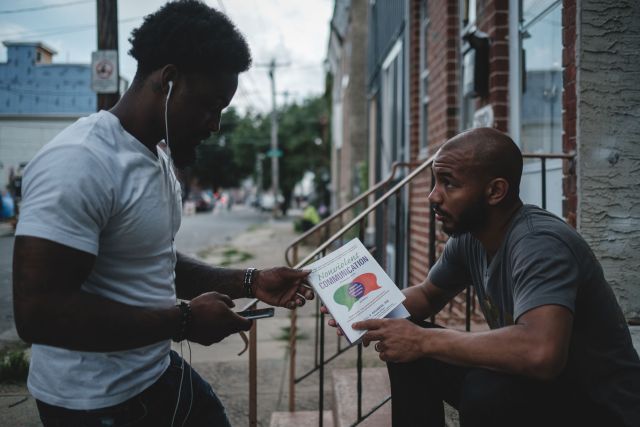As the extreme heat effects of climate change intensify, it may not be possible to beat the heat by going inside. In fact, this is already the case for many people in vulnerable communities throughout […]


As the extreme heat effects of climate change intensify, it may not be possible to beat the heat by going inside. In fact, this is already the case for many people in vulnerable communities throughout […]

Some researchers are concerned that some negative views towards COVID-19 vaccines could extend beyond COVID-19 into other beneficial vaccines. In a recently published study in the journal Vaccine, a team of researchers from seven universities, including Drexel University, conducted a nationwide survey to measure whether the COVID-19 pandemic had such an effect on views about Human papillomavirus (HPV) vaccination.

For the better part of a decade, researchers and students from Drexel University’s College of Engineering have been collaborating with governmental and non-governmental partners in Camden, New Jersey and Philadelphia’s Eastwick neighborhood on the development […]

A new study based on the Between the Lines research project — a two-year project between researchers at Drexel University and the Mexico section of the US-Mexico Border Health Commission — offers perspectives on the discrimination and trauma felt by immigrant children amid anti-immigrant rhetoric and family separation policies from 2019-2021.

Drexel faculty Brandy-Joe Milliron, PhD and Ann Klassen, PhD share insight on their recently published study about water, sanitation and hygiene practices in the central Asian country of Tajikistan.

A number of Drexel University researchers helped the public better understand what happened and the city’s response during the week – shedding light on health risks associated with the chemical that leaked from a latex plant in Bucks County into a tributary of the Delaware; Philadelphia’s water testing and treatment process; and the city’s emergency response procedures.

As the United States approaches nearly 100 million COVID-19 cases and the convergence of a widely reported “tripledemic” of COVID-19, the flu, and Respiratory syncytial virus (RSV), this holiday season, policymakers should support paid sick leave policies to prevent the spread of infectious disease, say researchers at the Dornsife School of Public Health in a recently published paper in the journal Health Affairs.

As many communities across the country struggle with rising violence, a team of researchers from Drexel’s Dornsife School of Public Health took a unique approach to better understand the experiences of victims of urban violence […]

Karen Goldschmidt, PhD, and Kelsey Stasko, of the College Nursing and Health Professions, discuss the global supply chain issues during COVID-19 at a rural children’s hospital.

Although the commonwealth’s laws may be inconvenient for some, the idea of adding inconvenience may help the public’s health, according to new data from researchers at the Urban Health Collaborative at Drexel’s Dornsife School of Public Health, recently published in the journal Substance Abuse Treatment, Prevention, and Policy.